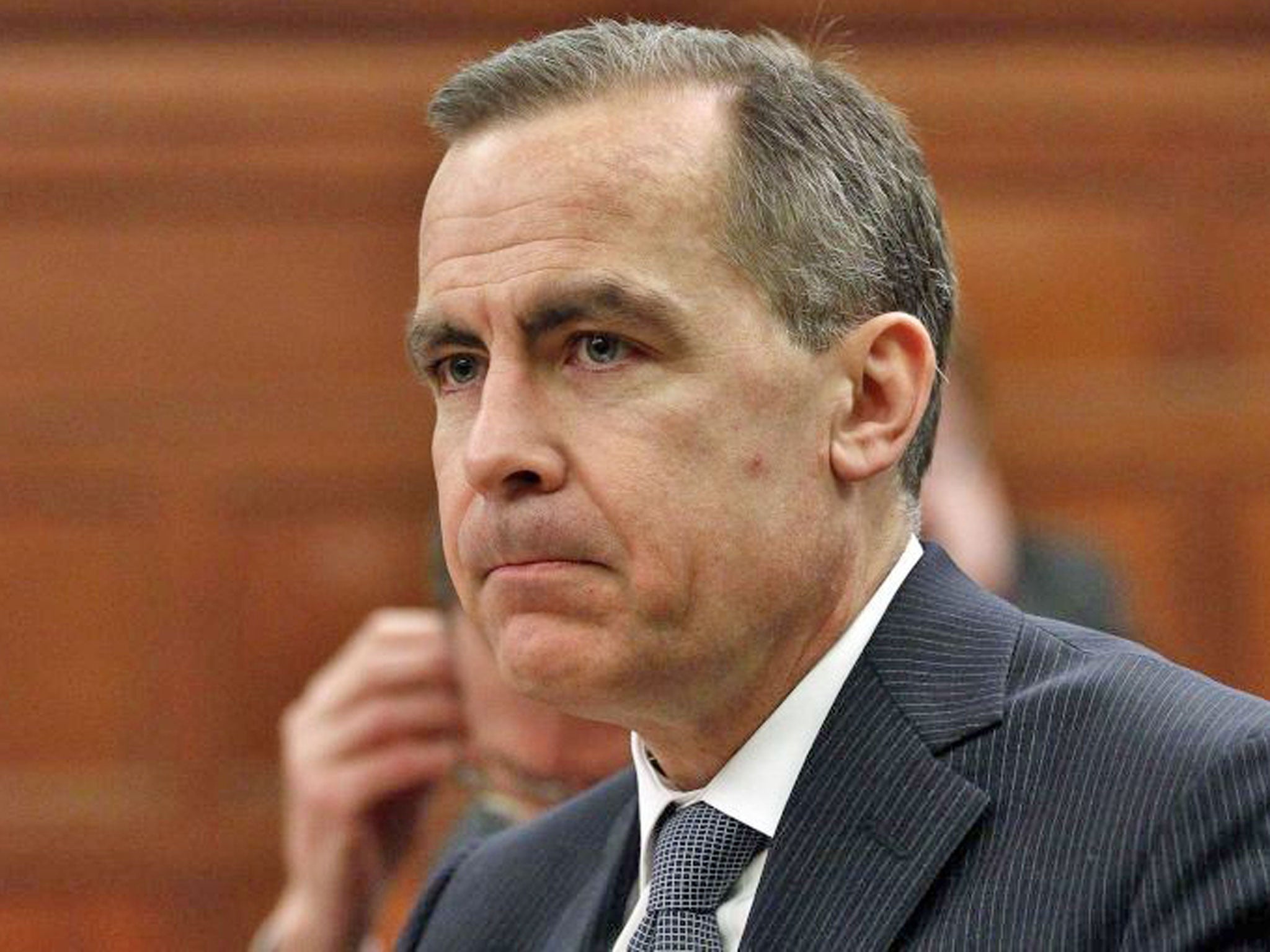It's not the end of the world – but it's the end of any false complacency


This is bad news. A drop in a credit rating by one agency does not matter that much in itself, for heaven knows, the rating agencies have been absurdly wrong in their judgements. The AAA ratings they gave to dodgy US housing debt were one of the factors in the banking crash of 2008. Both the US and France have seen a similar modest downgrading of their debt. But it matters because it focuses investors on the inherent weakness not just of British national finances at the moment but also of the longer-term commitment of the UK authorities to holding down inflation and assuring investors that they will get paid back in real – rather than devalued – money.
For the downgrade comes at a bad time for the pound. It has been weak for some time, but the recent words from Mervyn King that it was overvalued, coupled with his voting for a further injection of quantitative easing, have been read by the markets that British policy will be to try to push down the pound, even if to do so increases inflation. When you have the governor of the central bank trashing the currency, investors have a right to feel nervous. Suggestions that the new governor, Mark Carney, will also push for a further relaxation of monetary policy have compounded these fears.
In the short term the damage of the downgrade is limited. We will see what the financial markets do this week but the experience of the US and France following their downgrades has been that the change has had little immediate impact. By world standards the UK is still an extremely credit-worthy nation. What matters is the longer term. The world is probably facing a gradual increase in long-term interest rates. Governments will have to pay more for their money. Or put another way, the burden on taxpayers of servicing the debts accumulated during the past recession will climb. That will put yet more downward pressure on public spending, for money spent on interest payments is not available to spend on services.
Higher long-term interest rates increase the cost of borrowing not only for the Government; they also increase it for corporations and for home-buyers. So while they will be welcome for savers, they will become a drag on economic growth.
This is a problem facing virtually all governments, not just the UK's. But we have perhaps become lulled into complacency by the fact that in recent months the UK has been seen as something of a safe haven, with its own currency, an AAA rating on its debt, and a government seemingly committed to cutting its deficit. Any such complacency will be shattered now. There was always likely to be a downgrade, and the reasons for it go back to the fiscal catastrophe that the coalition inherited. But the actual event could become a catalyst for wider concerns about the performance of the British economy and the commitment of the authorities to slog on correcting both their own errors and the mistakes of the past.
Join our commenting forum
Join thought-provoking conversations, follow other Independent readers and see their replies
Comments
Bookmark popover
Removed from bookmarks